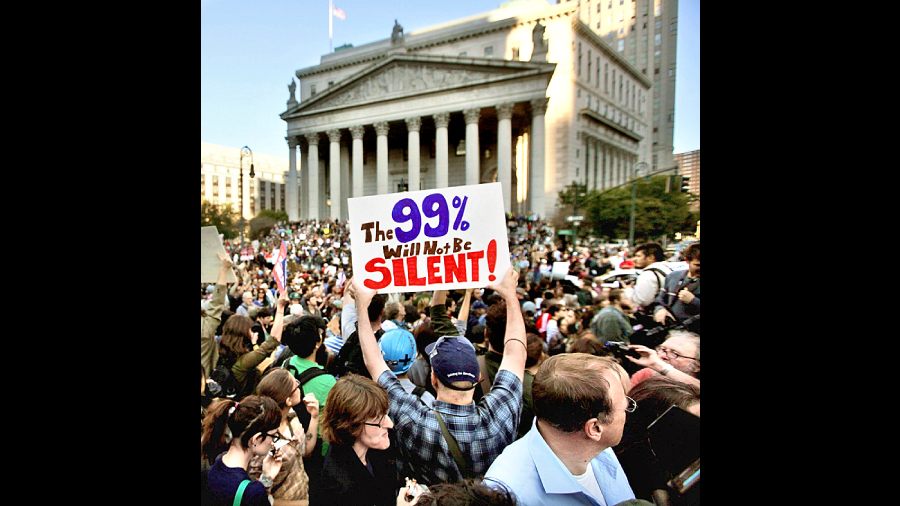Book: A Brief History Of Equality
Author: Thomas Piketty
Publisher: Belknap
Price: Rs. 699
Thomas Piketty has emerged as an international authority on income and wealth inequalities across the world. His latest book is also on the same set of issues. Piketty goes back to tracing the history of inequalities down to contemporary times and ends the book by suggesting some actions for change. He provides ample empirical evidence to substantiate his arguments. Those who have been following his works are by now familiar with his broad picture of inequality. His core assertion is that over decades and centuries, inequalities have gradually come down. This downward trend was the result of political mobilisations, organised struggles by the poor, the advent of State interventions in the form of the welfare State and last, but not the least, the introduction of progressive taxation on inheritances and incomes.
Despite these changes, the degree of wealth and income inequalities were very high by the beginning of the twentieth century. The two World Wars, the Great Depression, and the Russian Revolution changed the nature of State policies and brought about an urgency to rebuild broken economies and bring a degree of stability to the institutions of market capitalism. Hence, during the period, 1914-1980, there was a discernible decline in inequalities across the world. This was also the period when the old imperialist nations were exiting their colonies and a new set of nation states were emerging in Asia and Africa. However, by around 1980, the propertied classes of the United States of America and Europe had begun to get anxious about the role of the welfare State and its implications on distributional outcomes in the long run. The political leadership of Ronald Reagan in the US and Margaret Thatcher in the UK led to a resurgence of faith in the self-regulating forces of markets and led to a spate of asset redistribution from the State to private capital through deregulation and privatisation. It was the era of globalisation with unfettered movement of capital across international borders and deregulated domestic industries. Piketty notes that from around the same time — 1980 — the world witnessed a rise in global inequalities in wealth and incomes. New challenges have also emerged, such as environmental problems, that require concerted international mobilisation of opinion and action. One important challenge would be to have a close and critical look at the foundations of the current economic system.
Although modern capitalism is associated with freedom and rights in fundamental ways, Piketty shows that the origins of the contemporary system were characterised by military force, oppression, slavery, economic exploitation and the forced extraction of resources and wealth from the colonies. In short, these unequal relationships forged the accumulation of resources that created the unprecedented spurt in industrial growth and economic wealth-creation in the imperial centres of the world; first in Europe and, later, in the US. Things changed, not because the propertied elite wanted it but due to the rise in debates around critical ideas and through protracted political struggles and movements. Universal suffrage and labour union rights are two examples that had wide-ranging implications.
According to Piketty, there is still a long journey ahead on the road to equality. The path is uncertain, the obstacles unknown, and the costs of transition are likely to be high. If some semblance of enduring social harmony is to be brought about, the world needs to change dramatically and very fast. This itself is an almost insurmountable challenge. Not only will income and assets have to be redistributed, employment and some basic income guaranteed, but there will also have to be concerted action against climate change, ocean acidification and chemical pollution. Piketty is aware that mere economic redistribution towards greater equality will not suffice without greatly reducing racial, religious and ethnic discriminations. Gender equality is also an important requirement for social justice and equality.
It is a tall, ambitious order. Piketty is well aware of it and the difficulties associated with it before political disorder or an environmental catastrophe destroys us. He describes a blueprint for the new order — an order that will be democratic, decentralised, socialist, federal, and with universalist sovereignism. It is an ideal order. Imagining it may be the first step towards a better world and a sustainable planet.










